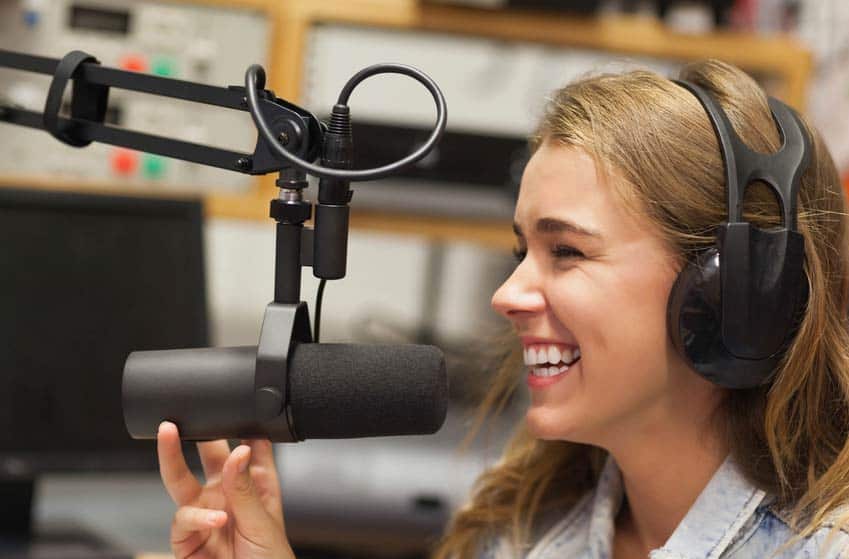Tons of work goes into bringing your college radio station to the air, which means there are lots of behind the scenes work opportunities for those who have shown a commitment to the station. Keep in mind if your college radio station does have paid positions, these are usually held by people who had proven their dedication through serious volunteer work prior to getting hired.
Of all the positions at the station, DJs have the most visibility. If you dream of working at a commercial station after graduation, this is where you’ll get the training. Working as a College Radio DJ can even help you get work as a Club DJ at off campus at bars, clubs, and concerts if you’re willing to reach out to Promoters and Nightclub Managers.
If you gain enough of a following on the air, working as a DJ can even help you get a foot in the door in music jobs unrelated to your board op skills or your mixing abilities. You’re sure to make connections, either through interviewing bands or through reaching out to local record labels to get their releases for on-air play.
The range of positions available at a campus station will depend on its size, its budget and whether it’s an FM signal or an online station, for example. The three jobs you can be sure every station has are those of the Music Director, Program Director, and Engineer.
As a Music Director, your main job will be to select music for regular rotation, serve as a liaison with record labels and Radio Promoters, and sometimes even to book bands for in-studio performances or interviews.
As a Program Director, you work with the community beyond the station, handle programming and scheduling matters, and manage the student staff. Again, depending on the size of the station, your campus station may have several positions for Engineers, although there will usually be one Head Engineer who oversees the others on staff.
Most stations will also have a Marketing Director, who coordinates sponsorships with local venues, buys advertising, and puts together giveaways and promotions.
Your station might also have openings for Underwriting Reps, who go out into the community to sell ad space on the station to relevant businesses. The Training Director will teach aspiring DJs the ropes and make sure the station is always sounding its best. The Traffic Director schedules advertising and makes sure it airs at the correct time. The Production Director writes, records, and edits spots, and the News Director determines which news makes its way to the airwaves.
